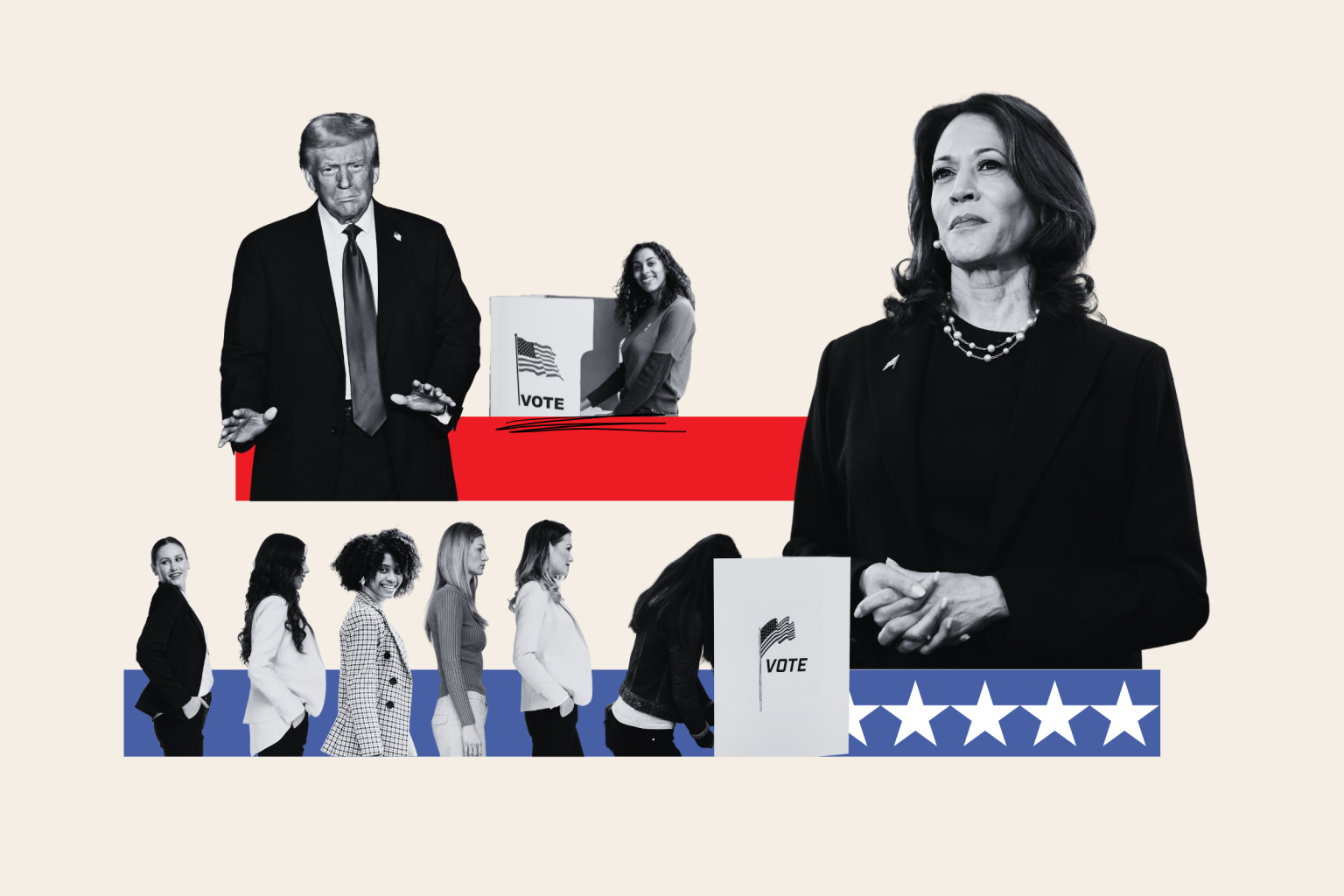In the final stretch of the election, a significant gender divide has been identified by Newsweek, with women voters showing a strong preference for Kamala Harris over Donald Trump, while men show a strong preference for Trump. Analysis of national polls since October 28 shows that, on average, women favor Harris by 8 points, while men favor Trump by 10 points, resulting in an average gender gap of 9 points. This divide could have significant implications for the election outcome, as polls indicate a close race with every swing state within a 2-point margin.
Carrie Baker, a Professor of Women, Gender, and Sexuality at Smith College, emphasized the critical role that gender will play in determining the outcome of the election. Polls have shown varying degrees of gender gaps, with some polls showing a large margin favoring Trump among men and Harris among women, while others show a smaller gap. Surveys from this year’s election suggest that the gender gap may be particularly pronounced among young voters, with a greater divide among young men and women in their support for the candidates.
The use of populist rhetoric by the right has been identified as a key factor driving the gender gap, with promises of a restoration of male privilege and traditional family roles appealing to some male voters. A Pew Research Center survey found that a significant percentage of men, particularly Trump supporters, believe that the advancement of women has come at their expense. Financial independence among young women and perceived struggles for men to secure well-paying jobs have also influenced sentiments and contributed to the gender gap in voting.
In this election, Trump has capitalized on the disillusionment and pessimism felt by some young men, positioning himself as an anti-establishment figure fighting against the Washington elite. His use of podcasts as a platform to reach young, predominantly male, audiences has been a strategic move, appealing to the demographic that feels overlooked by traditional political figures. Meanwhile, Harris has declined opportunities to appear on certain podcasts, missing out on the chance to connect with this demographic and make a powerful statement to young men.
Early voting data suggests that Democrats are ahead by 2 points, driven in part by women coming out in force to vote for Harris. If this trend continues, it could lead to a victory for Harris. The challenge for the Trump campaign lies in motivating more young men to come out and vote, as they are expected to lose significantly among women. The potential influence of young men in the election outcome is significant, with the possibility that they could sway the election toward Harris if they see through Trump’s campaign tactics and appeals to masculinity.
In conclusion, the gender gap in support for Harris and Trump is a defining factor in the 2020 election, particularly among young voters. The use of populist rhetoric, promises of restoring male privilege, and appeals to masculinity have played a significant role in shaping this gap. As the election draws near, the outcome remains uncertain, with the potential for women’s strong support for Harris and the influence of young men to shape the final result.


